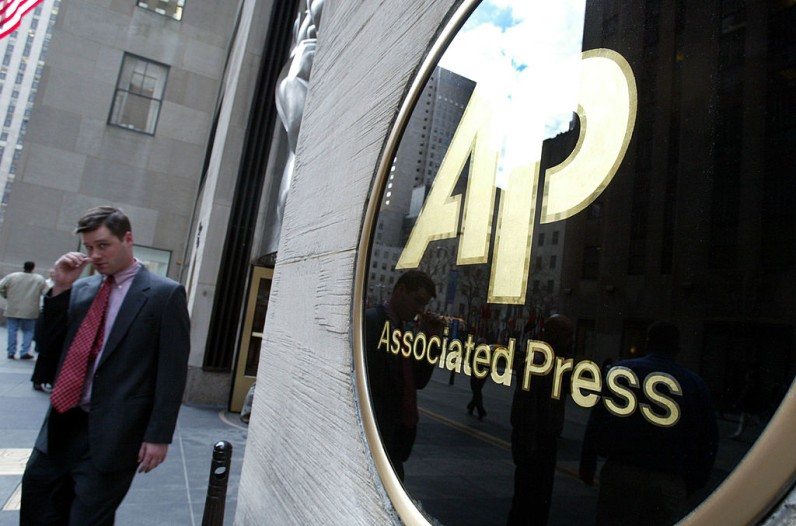
The Associated Press (AP) has taken legal action against the White House, naming three former officials from the Trump administration in the suit.
The legal action stems from allegations that the journalists were unfairly restricted from attending presidential events, raising concerns over press access and transparency.
The lawsuit, filed in US District Court on Friday, argues that the media ban violates the First Amendment by attempting to control the press's choice of language.
According to CBS News, the conflict stems from the White House's insistence that the AP refer to the Gulf of Mexico as the "Gulf of America," a change President Trump made through an executive order. The AP refused, maintaining its editorial independence.
In response, the administration prohibited AP reporters from attending White House press briefings, events at Mar-a-Lago, and aboard Air Force One.
"The press and all people in the United States have the right to choose their own words and not be retaliated against by the government," the AP stated in its lawsuit.
The complaint specifically names White House Chief of Staff Susan Wiles, Deputy Chief of Staff Taylor Budowich, and Press Secretary Karoline Leavitt as defendants.
NEW: Former CNN host Jim Acosta is calling on the media to come together and boycott the Trump administration.
— Collin Rugg (@CollinRugg) February 17, 2025
The call comes in response to the White House's decision to ban the Associated Press.
"News outlets then must rally to the cause, by offering supportive statements to… pic.twitter.com/uRr11xuO86
White House Blocks AP Access Amid Naming Controversy
According to the AP, the ban on its journalists began on February 11, when White House officials informed the agency that access to key areas would be restricted unless it complied with the president's language change.
By February 14, an official statement on X (formerly Twitter) confirmed the indefinite ban on AP reporters from locations such as the Oval Office and Air Force One, HollywoodReporter said.
Leavitt defended the administration's position, emphasizing their commitment to upholding truth and accuracy in White House communications.
He reiterated that the administration's stance was in line with its principles of transparency and integrity.
The Associated Press, however, contends that its editorial standards require consistent and universally recognizable place names to ensure clarity for its global audience.
The news agency argued that the government's attempt to impose specific language guidelines could potentially undermine press freedom and the ability to report without interference.
In an email sent on February 18, Wiles responded to the AP's refusal to adopt the president's preferred terminology, recognizing the agency's significant role in shaping public discourse.
He expressed hope that the AP would update its Stylebook to reflect the president's terminology for American audiences, suggesting that this change could be a prerequisite for restoring media access. The AP viewed this as a condition tied to the resolution of the dispute.







Join the Conversation